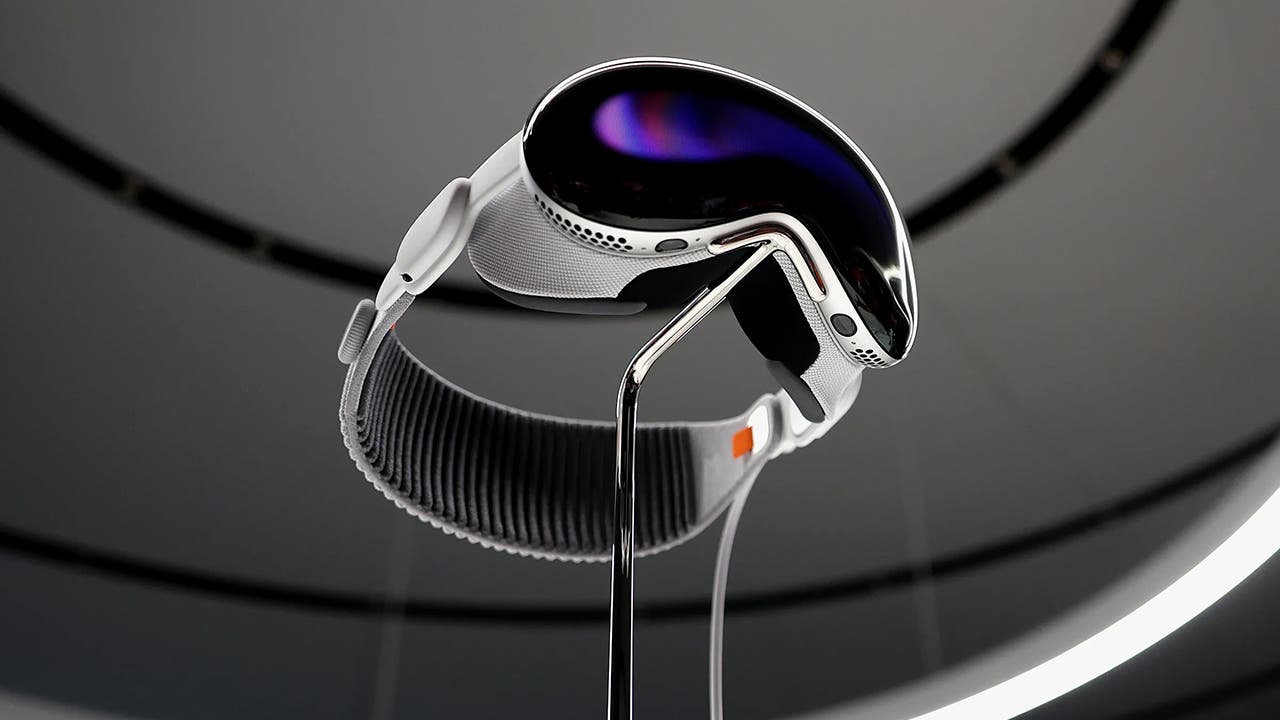Ever pondered upon owning an interchangeable device – imagine possessing singular parts that you could assemble to form a phone. Or, maybe a phone that, like Legos, has components designed to fit together in myriad ways. Facebook seems to be at the edge of turning such fantasies into reality as it scouts the potential of a modular electromechanical device. In simple terms, they are envisioning a device whose parts can be swapped and customized to the user’s needs.

Last year, a patent filed by Facebook was awarded, signifying its dedicated effort in creating a modular electromechanical device. Described in the patent report, individual units of this invention will include a chassis and multiple functional modules that can be attached and detached at will. These modules offer a range of functions – they could be speakers, microphones, or even GPS and display modules. With such a design, the user can switch the device’s purpose as per their choice – be it a smartphone, a speaker, or others. All of this contributes to a device with unprecedented versatility and adaptability.
Furthermore, a report from Business Insider reveals some interesting facts about Facebook’s modular phone project. The engineers employed on this endeavor have previous experience in modular design from their work on Google’s Project Ara. This talented team of engineers, known for turning prototype modular devices into 3D printed models rapidly, are currently deployed at Facebook’s Building 8 group.
In the past, Facebook has been no stranger to hardware innovation. In 2011, they collaborated with HTC to launch two unique smartphones – HTC ChaCha, also known as HTC Status, and HTC Salsa. Both were deeply integrated with HTC Sense and Facebook apps, providing users with a socially focused smartphone experience. The social media giant continued its momentum two years later, again collaborating with HTC to launch the smartphone ‘First’, fully equipped with Facebook’s suite of applications and user-friendly upgrades.

Parallel comparisons can be drawn between the design of Facebook’s potential product and Google’s suspended Project Ara. Despite the cancellation of Google’s Project Ara due to missing deadlines and financial viability, Facebook ceaselessly perseveres to rekindle the idea of a modular phone. They believe strongly in the potential of a device that can be customized and transformed into something truly remarkable. And so, Facebook aims to demonstrate that, even amidst the ashes of previous failures, a modular phone could be executed successfully.
Discover more from TechBooky
Subscribe to get the latest posts sent to your email.







